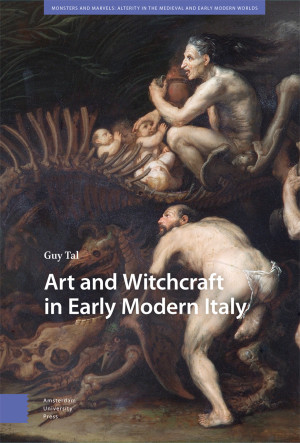“…a very stimulating and engaging book, brimming with new insights into Italian representations of witchcraft in the early modern period. It is the first study to offer a comprehensive and coherent account of these images, bringing many little known works to the reader’s attention... The analysis of the images and their artists is both complex and sophisticated, focusing on the intellectual and emotional responses artists may have stimulated in their viewers, and the codes, narratives, and traditions that allowed different groups of viewers to gain access to these different meanings.”
- Charles Zika, Professorial Fellow in History, University of Melbourne
"Guy Tal’s exploration of artistic depictions of witchcraft in Early Modern Italy illuminates how artists like Dürer and Caravaggio visualized the supernatural, blending fear and fascination. His analysis challenges previous assumptions by highlighting the element of skepticism in these representations, particularly in the works of Caroselli and Rosa, which emphasize ambiguity and fear rather than reinforcing belief in witchcraft."
- Michaela Valente, Archivio Storico Italiano, issue 681, 2024

